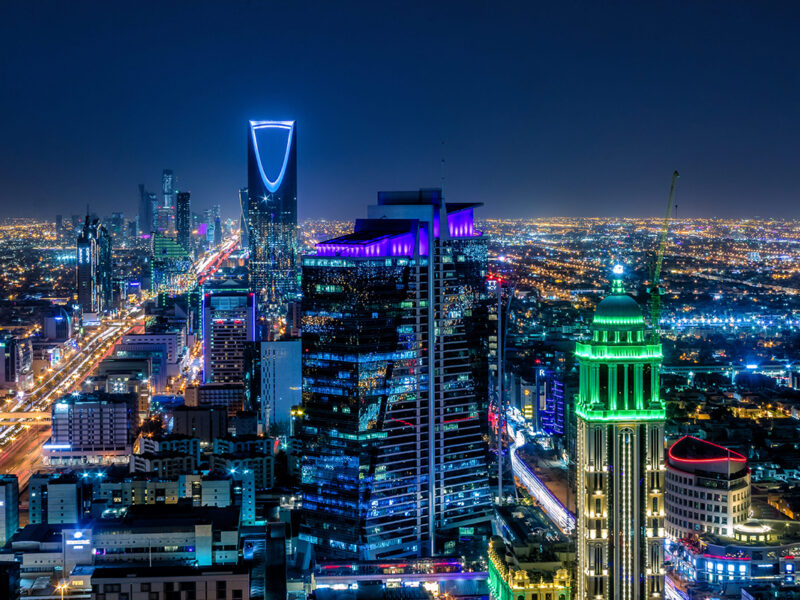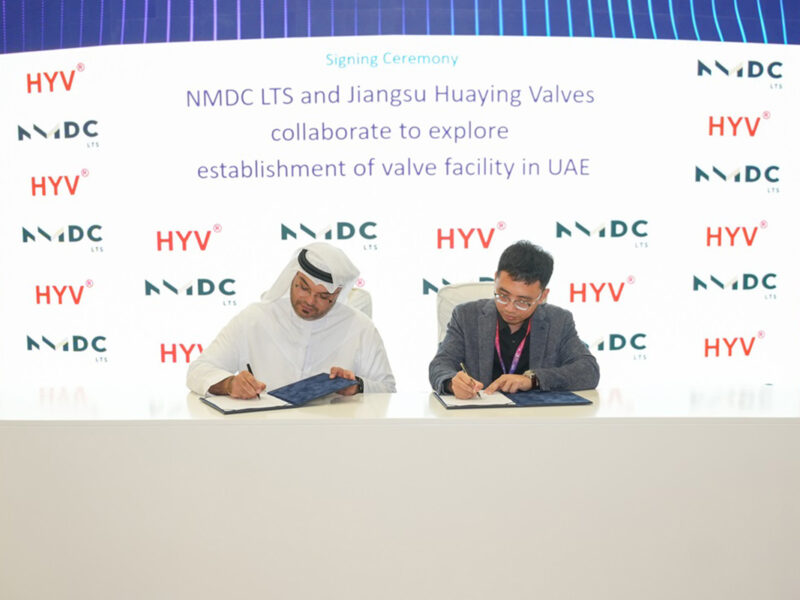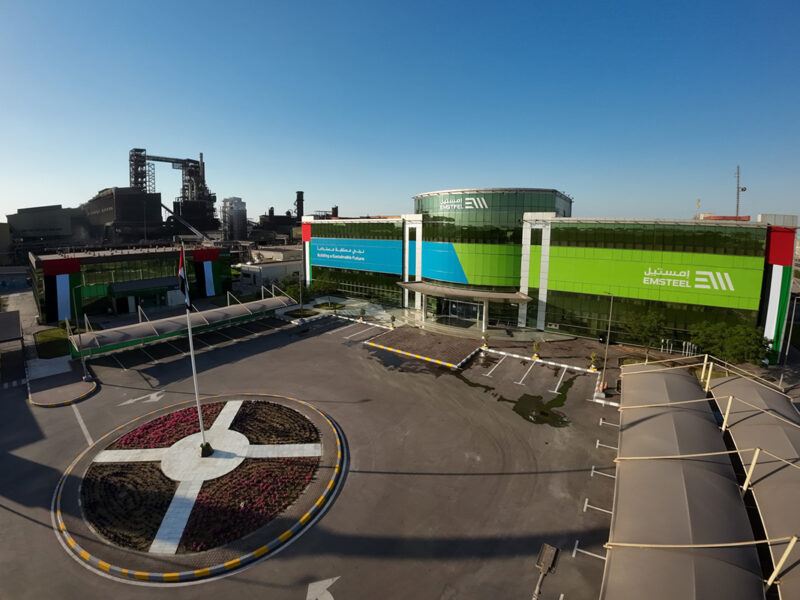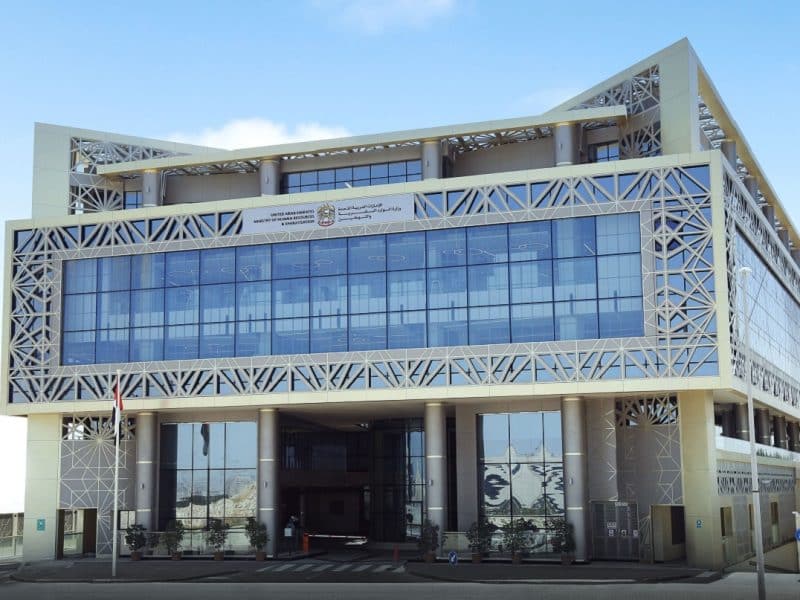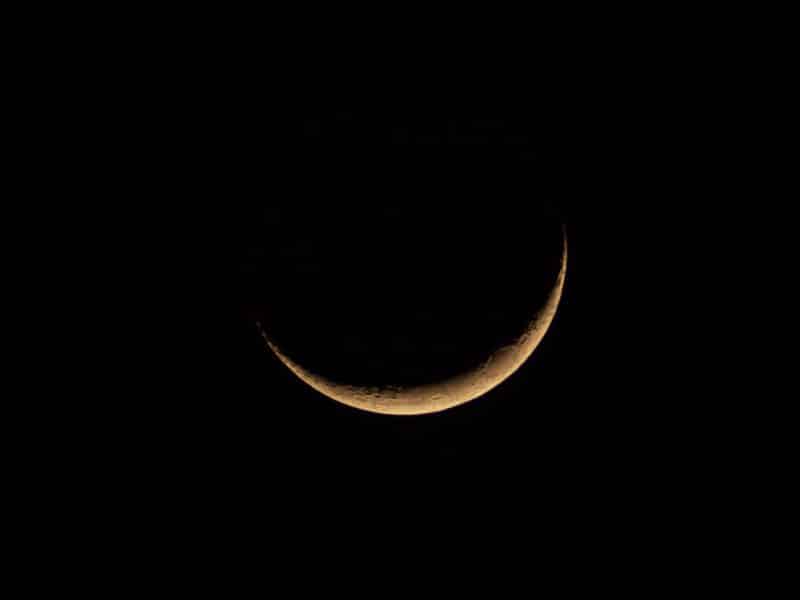Saudi Basic Industries Corporation (SABIC), the Arab world’s largest company, swung to a net loss of SAR974m ($259.3m) in the first quarter after the global downturn hit demand for petrochemicals.The state-controlled firm made a net profit of SAR6.92bn ($1.85bn) in the first quarter of 2008.
Laurent Gally of Dubai-based Shuaa Capital said the loss was the firm’s first since the fourth quarter of 2001.
SABIC said in a statement on the Saudi bourse website that falling petrochemical and metals prices and a goodwill depreciation of SAR1.18bn ($314.6m) had hit profits.
Analysts surveyed by Reuters had expected on average net profit of SAR1.2m ($320,000).
SABIC Chief Executive Mohamed Al Mady told a news conference that he saw demand for petrochemicals picking up and prices improving but not to a satisfactory level and declined to give an earnings outlook for the rest of the year.
SABIC results are a yardstick for other petrochemicals majors such as Dow Chemical and Germany’s BASF and analysts said the earnings did not bode well for the sector.
“If SABIC is facing problems resulting from low margins, I think global players must be facing far more problems,” said Jithesh Gopi, research head at Bahrain’s SICO investment bank.
“They are getting feedstock at lower prices. Global peers are probably doing far worse.”
State-controlled SABIC attributed the loss to a SAR1.18bn goodwill depreciation after its purchase of the plastic unit of General Electric, which it renamed Innovative Plastics.
The firm said in a statement that quantities sold had risen five percent year-on-year but the global crisis had hit prices and demand for the products of Innovative Plastics, which has operations in North America, Europe and Asia.
“The size of the impairment gives room for further writedowns in upcoming quarters related to the US acquired operations if profitability does not pick up quickly,” said Laurent Gally, a chemicals analyst at Shuaa Capital.
Gally said he had been expecting SABIC to declare SAR2-3bn in goodwill writedowns and added that, excluding the goodwill posted, SABIC’s profit was still less than that in the fourth quarter, showing no underlying improvement in business.
SABIC’s earnings fell more than 95 percent in the fourth quarter due to a drop in global demand for petrochemicals.
“A lot of people will see this as negative. The recovery will be a second half event,” he said.
Petrochemicals and plastics produced by state-owned firms such as SABIC and Sipchem account for around 54 percent of the overall value of the kingdom’s non-oil exports.
Sipchem posted an 87.4 percent fall in first-quarter profits earlier this week. Saudi Arabia’s petrochemicals exports fell in January to 13.4 percent below their level in the same month of last year, according to official data.
Mady said the firm was restructuring to cut costs and the changes could lead to either reduced production overall or the closure of poorly-performing plants globally.
SABIC had announced in January that it would halt output at some plants and cut jobs to weather the downturn, saying it had temporarily suspended steel operations in Saudi Arabia and a plastics plant in Spain.
Mady said on Tuesday the restructuring had already resulted in 1,600 job cuts.
Analysts surveyed by Reuters had expected on average net profit of 1.2 million riyals. (Reuters)

